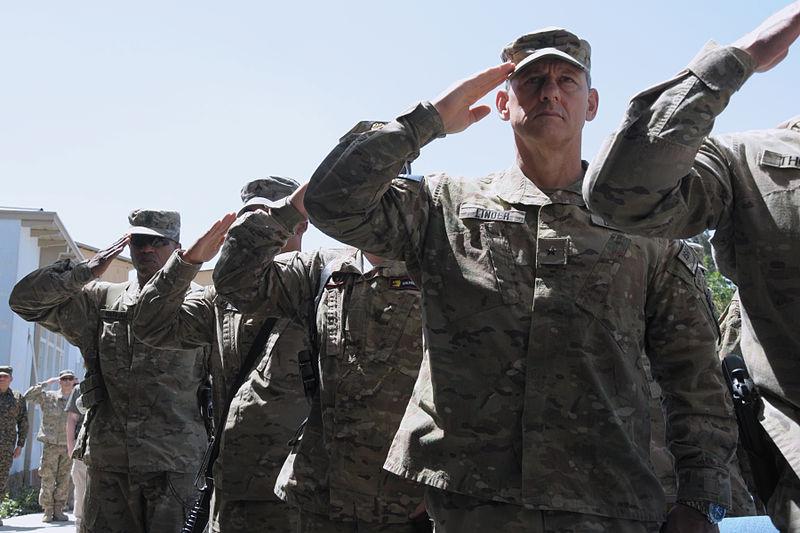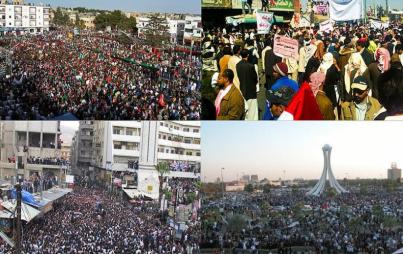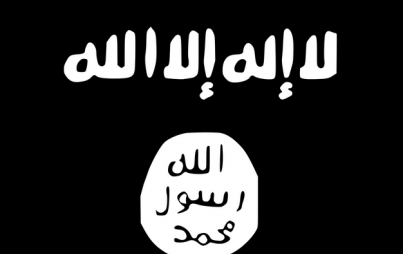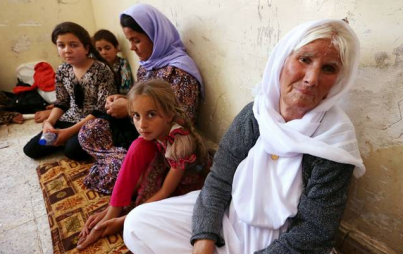
It’s been a rough decade for the military and 2014 shows no signs of slowin' down the camo-clad sorrow.
The latest bad news: recently released data indicates the number of U.S. soldiers forced out of the Army due to criminal activity or misconduct has climbed over the last several years. Specifically, the number of Army officers dismissed for misconduct has more than tripled in the last three years, and the number of enlisted soldiers ousted has gone from approximately 5,600 (in 2007 at the peak of the Iraq war) to more than 11,000 last year.
Military leaders and commentators site three major variables:
- The long and intensive conflicts in Iraq and Afghanistan drew in increasing numbers of U.S. troops, and more soldiers with behavioral issues were allowed to remain than would otherwise be tolerated.
- The longevity and intensity of the conflict created a greater focus on battle competence (gettin’ it done) than character.
- Finally—to state the obvious—long, repeated deployments to the front lines take a significant toll on soldiers, and can create psychological and behavioral problems.
With our military exit from the Middle East and concurrent budget cuts, the Army and Navy are downsizing—including getting rid of problem soldiers, and becoming more selective about who can join.
But let's consider common conceptions about volunteer vs. drafted militaries. Wars that draft get a much fuller representation of the general population: from Gung-Ho G.I. Joe to I-Don’t-Wanna-Go Moe. And military dynamics show it: in Vietnam, relations between enlisted men and their officers were often fraught and discipline lagged, especially as the war dragged on.
But since the draft was lifted, the military has prioritized the cultivation of committed, disciplined, military professionals (still plenty to critique, but it has traditionally been less rogue nonetheless). So the fact that the military has been having such behavioral problems in the last few years might reveal the limitations of the all-volunteer force: maybe there’s a tipping point in conflict intensity where the military starts looking more like a melting-pot drafted force, and less like duty-bound boy scouts.
As for the recent rash of misconduct among military brass—that's still got everyone puzzled.






